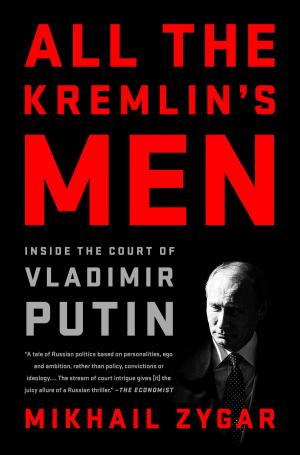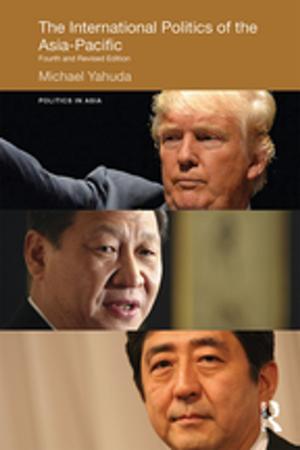A Global Security System
An Alternative to War (2018-19 Edition)
Nonfiction, Social & Cultural Studies, Political Science| Author: | Kent Shifferd, David Swanson, Patrick Hiller | ISBN: | 9780998085975 |
| Publisher: | World Beyond War | Publication: | September 7, 2018 |
| Imprint: | World Beyond War | Language: | English |
| Author: | Kent Shifferd, David Swanson, Patrick Hiller |
| ISBN: | 9780998085975 |
| Publisher: | World Beyond War |
| Publication: | September 7, 2018 |
| Imprint: | World Beyond War |
| Language: | English |
Resting on a convincing body of evidence that violence is not a necessary component of conflict among states and between states and non-state actors, World BEYOND War asserts that war itself can be ended. We humans have lived without war for most of our existence and most people live without war most of the time. Warfare arose about 10,000 years ago (only 5% of our existence as Homo Sapiens) and spawned a vicious cycle as peoples, fearing attack by militarized states, found it necessary to imitate them; and so began the cycle of violence that has culminated in the last 100 years in a condition of permawar. War now threatens to destroy civilization as weapons have become ever more destructive. However, in the last 150 years, revolutionary new knowledge and methods of nonviolent conflict management have been developing that lead us to assert that it is time to end warfare and that we can do so by mobilizing millions around a global effort.
Here you will find the pillars of war which must be taken down so that the whole edifice of the War System can collapse, and here are the foundations of peace, already being laid, on which we will build a world where everyone will be safe.
This book presents a comprehensive blueprint for peace rooted in three broad strategies for humanity to end war: 1) demilitarizing security, 2) managing conflicts without violence, and 3) creating a culture of peace. These are the interrelated components of our system: the frameworks, processes, tools and institutions necessary for dismantling the war machine and replacing it with a peace system that will provide a more assured common security.
The 2018-19 Edition of AGSS was edited and updated by Tony Jenkins, PhD - Education Director, World BEYOND War; Managing Director, International Institute on Peace Education; Coordinator, Global Campaign for Peace Education; Adjunct Professor of Justice and Peace Studies at Georgetown and George Washington University.
Resting on a convincing body of evidence that violence is not a necessary component of conflict among states and between states and non-state actors, World BEYOND War asserts that war itself can be ended. We humans have lived without war for most of our existence and most people live without war most of the time. Warfare arose about 10,000 years ago (only 5% of our existence as Homo Sapiens) and spawned a vicious cycle as peoples, fearing attack by militarized states, found it necessary to imitate them; and so began the cycle of violence that has culminated in the last 100 years in a condition of permawar. War now threatens to destroy civilization as weapons have become ever more destructive. However, in the last 150 years, revolutionary new knowledge and methods of nonviolent conflict management have been developing that lead us to assert that it is time to end warfare and that we can do so by mobilizing millions around a global effort.
Here you will find the pillars of war which must be taken down so that the whole edifice of the War System can collapse, and here are the foundations of peace, already being laid, on which we will build a world where everyone will be safe.
This book presents a comprehensive blueprint for peace rooted in three broad strategies for humanity to end war: 1) demilitarizing security, 2) managing conflicts without violence, and 3) creating a culture of peace. These are the interrelated components of our system: the frameworks, processes, tools and institutions necessary for dismantling the war machine and replacing it with a peace system that will provide a more assured common security.
The 2018-19 Edition of AGSS was edited and updated by Tony Jenkins, PhD - Education Director, World BEYOND War; Managing Director, International Institute on Peace Education; Coordinator, Global Campaign for Peace Education; Adjunct Professor of Justice and Peace Studies at Georgetown and George Washington University.















